- Joined
- Aug 29, 2019
- Messages
- 1,167
Per cj5dave's suggestion I pulled the cover off of the worm gear box and checked the oil level. It has a hell of a lot more oil than I expected but sure seems like super light viscosity for gears. I may empty it and go back with gear oil. Kind of on the fence. My gear head mill and gear head lathe take some pretty light hydraulic oil so maybe that is what is in it. In all the worm and worm gear look good.
Benmychree suggested I plug the holes with some screens before the mud daubers invade the motor again. I can say that is excellent adivce. I bought a Ingersol Rand 2 stage compressor . Was running great. I told myself "Better cover those irtake and exhaust ports in the motor before the mud daubers take it over. Well I thought I could wait a couple of weeks. Stupid decision on my part. Cost me another compressor motor at almost $350. So today I took the advice of benmychree and took time to take the gurad off the motor and stuff some plastic bag into the ports . I also found a way to repurpose the fan cover from the Chimota. Seems the od of the good motor is the same as the id of the fan cover. So as you can see I took a Red=neck Detour and am repurposing it for the front of the motor. It will have insect screen wire inside so the little bastards can't climb inside and make themselves at home. I also have plans to reuse the burned out Chimota for something that only a Redneck dreams of. Hopefully before winter gets here I will have some pics of what I am going to use it for. BTW I did get the grass mowed today. The Mosquitoes are molesting the Alligators here at the Sticker Ranch.
Benmychree suggested I plug the holes with some screens before the mud daubers invade the motor again. I can say that is excellent adivce. I bought a Ingersol Rand 2 stage compressor . Was running great. I told myself "Better cover those irtake and exhaust ports in the motor before the mud daubers take it over. Well I thought I could wait a couple of weeks. Stupid decision on my part. Cost me another compressor motor at almost $350. So today I took the advice of benmychree and took time to take the gurad off the motor and stuff some plastic bag into the ports . I also found a way to repurpose the fan cover from the Chimota. Seems the od of the good motor is the same as the id of the fan cover. So as you can see I took a Red=neck Detour and am repurposing it for the front of the motor. It will have insect screen wire inside so the little bastards can't climb inside and make themselves at home. I also have plans to reuse the burned out Chimota for something that only a Redneck dreams of. Hopefully before winter gets here I will have some pics of what I am going to use it for. BTW I did get the grass mowed today. The Mosquitoes are molesting the Alligators here at the Sticker Ranch.
Attachments
-
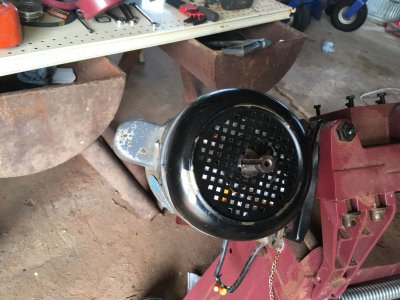 IMG_3014.JPG416.3 KB · Views: 10
IMG_3014.JPG416.3 KB · Views: 10 -
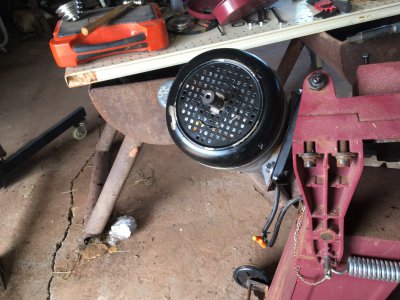 IMG_3015.JPG473.7 KB · Views: 10
IMG_3015.JPG473.7 KB · Views: 10 -
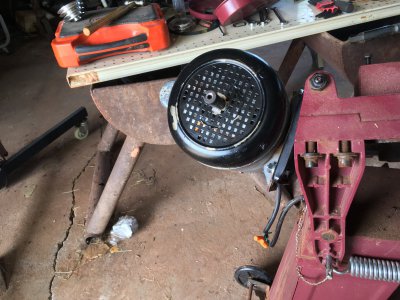 IMG_3016.JPG479 KB · Views: 11
IMG_3016.JPG479 KB · Views: 11 -
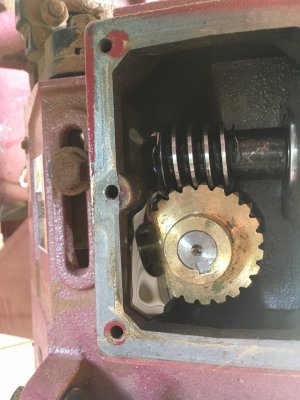 IMG_2997.JPG253.1 KB · Views: 15
IMG_2997.JPG253.1 KB · Views: 15 -
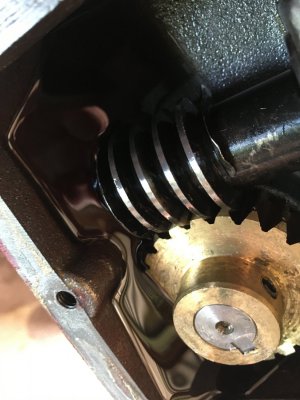 IMG_2998.JPG231 KB · Views: 14
IMG_2998.JPG231 KB · Views: 14 -
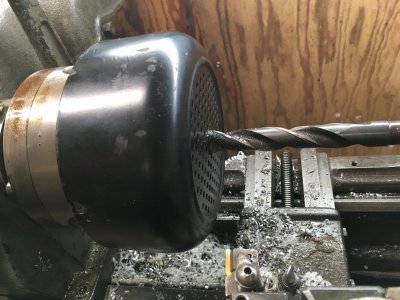 IMG_2999.JPG426.5 KB · Views: 12
IMG_2999.JPG426.5 KB · Views: 12 -
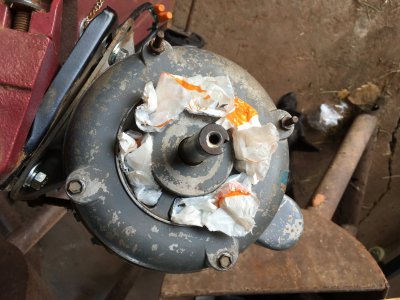 IMG_3002.JPG490.3 KB · Views: 9
IMG_3002.JPG490.3 KB · Views: 9 -
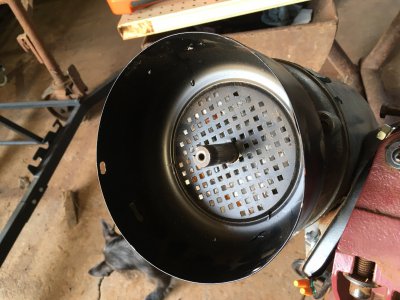 IMG_3003.JPG417.2 KB · Views: 9
IMG_3003.JPG417.2 KB · Views: 9 -
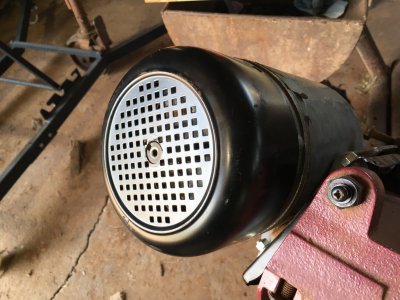 IMG_3005.JPG424.4 KB · Views: 10
IMG_3005.JPG424.4 KB · Views: 10 -
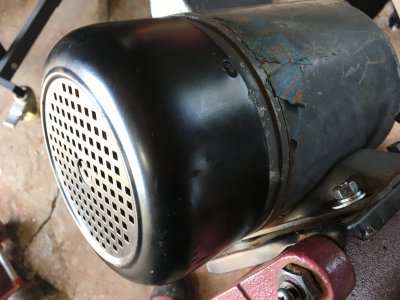 IMG_3006.JPG385.9 KB · Views: 10
IMG_3006.JPG385.9 KB · Views: 10 -
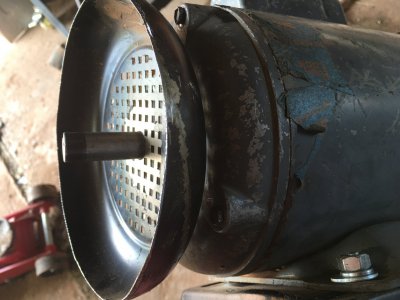 IMG_3007.JPG371 KB · Views: 10
IMG_3007.JPG371 KB · Views: 10 -
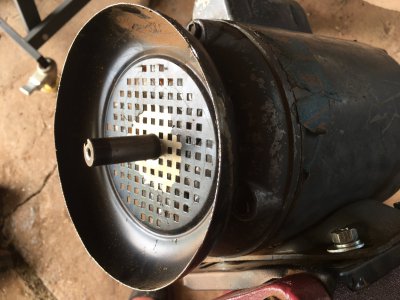 IMG_3009.JPG391.6 KB · Views: 9
IMG_3009.JPG391.6 KB · Views: 9 -
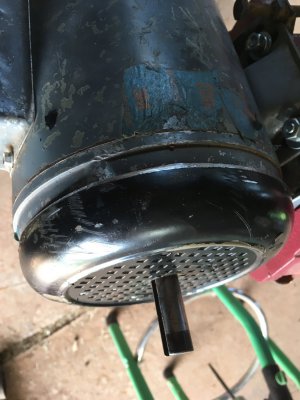 IMG_3011.JPG238.6 KB · Views: 9
IMG_3011.JPG238.6 KB · Views: 9 -
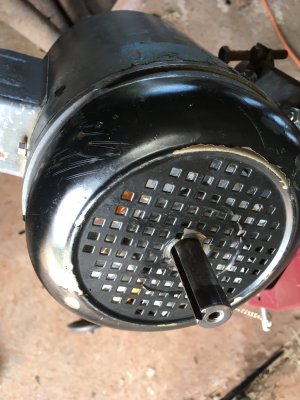 IMG_3012.JPG263.9 KB · Views: 10
IMG_3012.JPG263.9 KB · Views: 10


 yep
yep